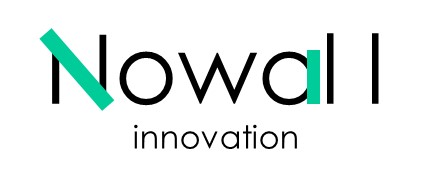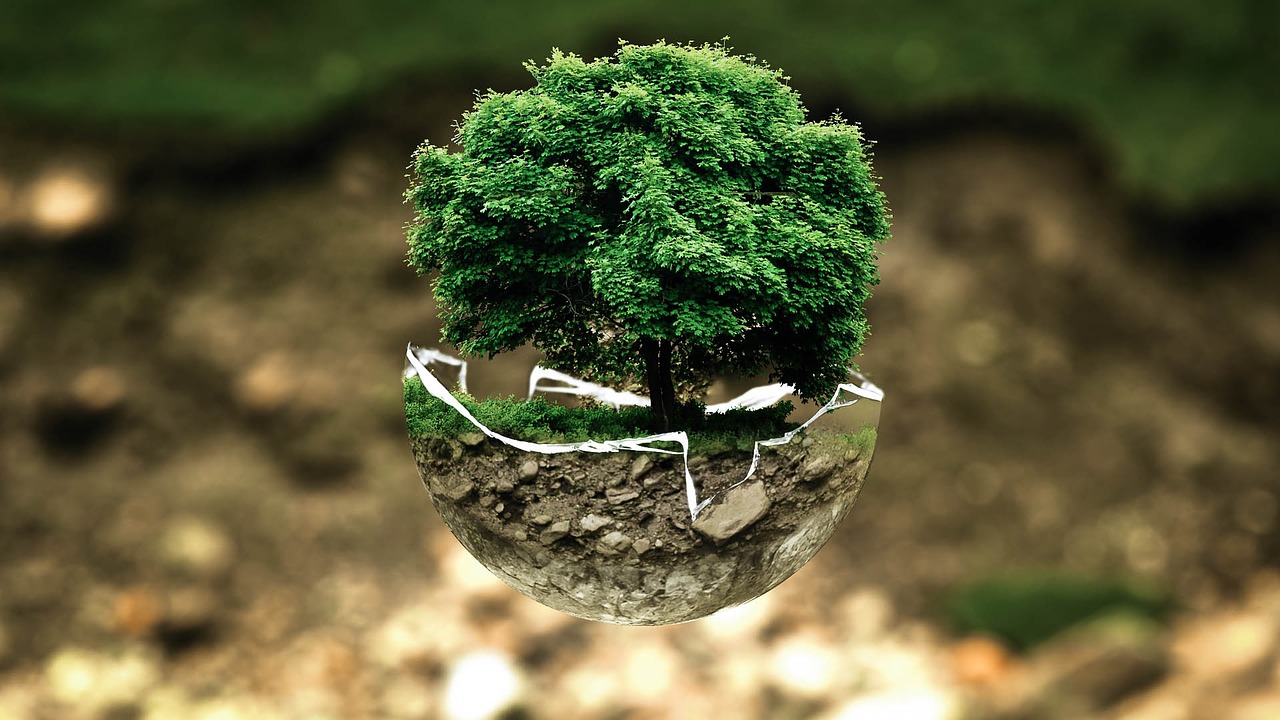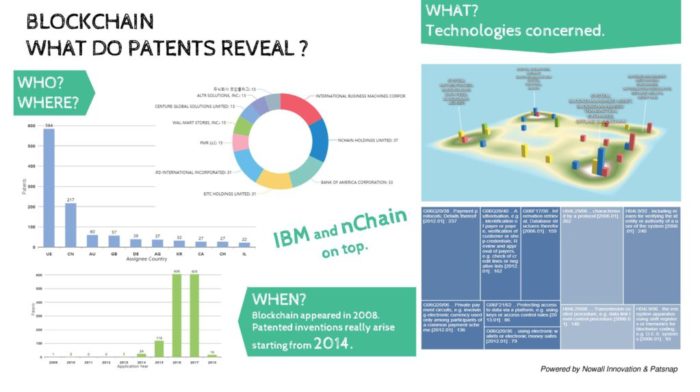Article translated from the original one written by Sylvie Gamet and published on Forbes France on 12/09/2018.
Whether we are citizens, employees, entrepreneurs or politicians, daily, two speeches seem to clash on communication channels. On the one hand, you find the innovation supporters urging you to innovate. On the other hand, people who want to impulse more civic responsibility are declaiming “Let’s be more responsible!”, showing the last scandals chasing the former ones, as witnesses of our inexorable end. Waltz of modern times turning in endless circles without never allowing to glimpse the outro.
Although the association of innovation and responsibility does not seem at first sight contradictory, it appears that the preachers of one or other side have often incompatible objectives …
First, we hear more the invective “Let’s Innovate!”, as if innovation were something good, but yet much better when it emanates and is the responsibility of others. Normal, innovatinz is still risky. This requires investment for an uncertain outcome ! And according to our collective belief, innovation belongs to creative people, entrepreneurs, geniuses, artists … And when innovation does not work, it is more comfortable to charge others, let’s say it.
In terms of responsibility, the use of “we” is often preferred because it is not acceptable in a speech to get out of the movement, since it is known to be everyone’s business. And yet, behind the obvious hypocrisy, when it comes to action, the eyes are on NGOs, politicians, because the task seems huge for each individual. Society is still waiting for its messiah. And it is unlikely that it will manifest itself any soon (Sorry for this dramatic news, but you need to know this, right?).
Under these two invectives, if we opt for the facility of the benevolent caricature, we will find two strong and radical movements:
- the “startup nation”, the “innovation washing”, where innovations and disruptions coexist in a convenient complacency and where taking into account environmental, social, societal, philosophical reflection is the specialty of the social and solidarity economy.
- environmental activists, climate-anxious and end-of-the-world preachers who point fingers, rightly, towards our irresponsible consumption, and therefore accuse the frenetic innovation race heading towards some future world, desirable …or not.
The former see the latter as useful people but who should not prevent them from getting someday the “Steve Jobs” status. And the latter demonize the former who do not seem, for a majority, to drive the world to a desirable society for future generations.
Let’s be crazy, let’s be utopian. Is there not a way, beyond the still limited movement of the social economy, to make innovation responsible and sustainable (truly)? And that all companies are only allowed to innovate in a sustainable way? Should we go so far as to imagine a marketing authorization citizen commission to be coercive?
This is of course a completely disruptive vision of society ! Money would no longer be the measure of GDP, but rather the future impact on the environment, well-being, living together, living a healthy life, the social bond, solidarity, belonging in a society more balanced …
Sweet utopia certainly. But it merely involve to decide it, not in high places (because it will probably be the last to follow the movement), but in the soul and consciousness of innovator, entrepreneur, citizen of the world. It’s a risk to take, certainly. It is possible that this will fail disastrously, because other entrepreneurs will take advantage of the situation to impose juicy, polluting, provoking social isolation … But that is without counting on an irresistible background awareness, individual more than collective, that it is necessary to evolve towards a different, responsible mode of consumption. And that does not necessarily prevent to become a new Steve Jobs by the way.
Beyond marketing and green washing labels, let’s make it normal to include these reflections in any innovation process. Innovation must not only meet the needs of customers. It must go far beyond. Responsible, it should incorporate higher needs: those of our environment, our ecosystem that has neither voice nor money to assert its rights.
Any new product or service should make sure to be sustainable, respectful of nature and people: it’s the basics! It is the “minimum sustainable product”. The icing on the cake is that it also helps to improve one’s lifestyle and life experience.
It will take time, but let’s hope that, after this fever of communication and consumption economy, this is coming soon. It is all about choice. And that also starts with the economic actors.
So let’s walk for the climate, yes. But above all, choose to do business in accordance with the world and the values that we would like to see emerge tomorrow. Let’s develop our companies and our activities by better controlling their impact on the environment – in a broad sense – local, even global.
Let’s stop confronting words and slogans, confront visions of the future, philosophies of life.
Indeed, at all times, economic activities have carved the world and human society, and they still dominate. Economic actors, do not give in to the facility. Take responsibility and show what world you long for your children tomorrow. It is likely that this desire is shared by your future customers, and therefore vector of virtuous development.
This article is probably a drop in the ocean, but by dint of drops … who knows what the ocean will become?
The messiah, the hero, not to be mistaken, will be anonymous, collective, but active.




